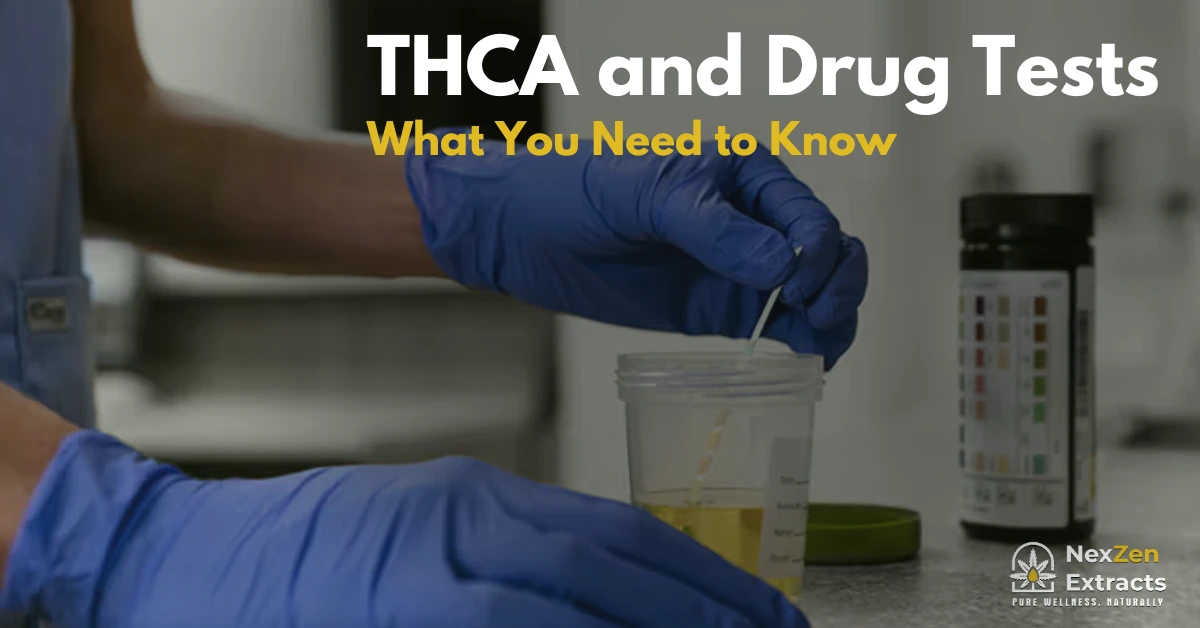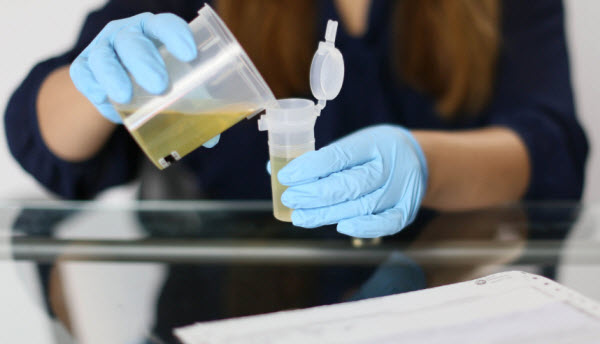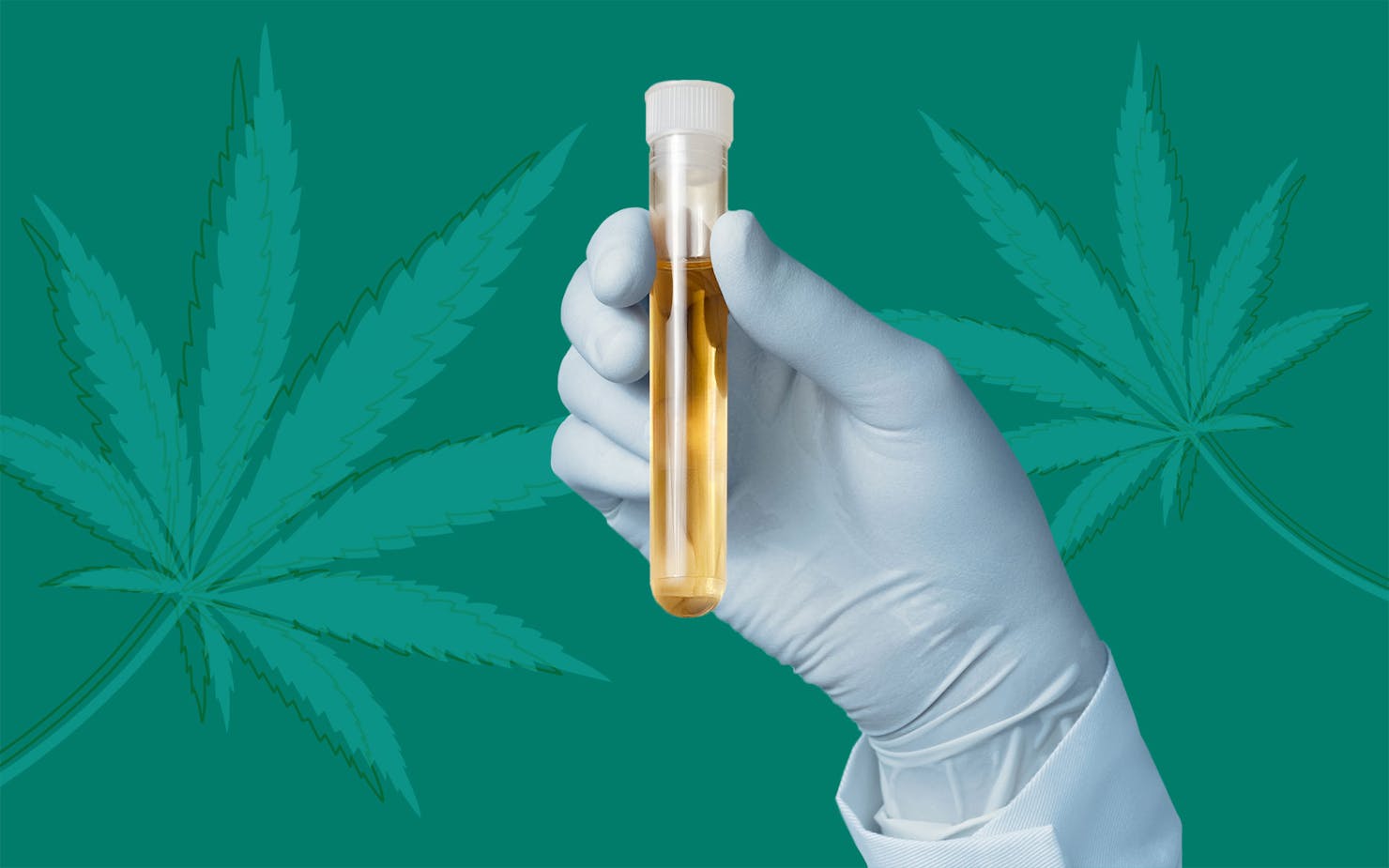
Introduction
Cannabis is no longer the taboo topic it once was. As society’s understanding of cannabinoids expands, more people are exploring various compounds like THCA (tetrahydrocannabinolic acid) for their potential benefits. However, one concern remains prevalent—how cannabinoids, including THCA, interact with drug testing. Whether you’re curious about workplace policies, legal considerations, or simply want to stay informed, this guide breaks down everything you need to know about THCA and drug tests.
What is THCA?
THCA, or tetrahydrocannabinolic acid, is a non-psychoactive compound found in raw cannabis plants. It’s the precursor to THC (tetrahydrocannabinol), the cannabinoid responsible for the euphoric “high” typically associated with marijuana. THCA naturally converts into THC when exposed to heat, a process known as decarboxylation.

Unlike THC, THCA itself doesn’t produce psychoactive effects, which makes it appealing for individuals looking to explore the benefits of cannabis without the “high.” Research has suggested that THCA may have potential anti-inflammatory, neuroprotective, and anti-nausea properties, though more studies are needed to fully understand its effects.
Understanding Drug Tests and Their Purpose
Drug tests are typically used to identify the presence of specific substances in a person’s system. They are often required in workplaces, athletic organizations, or legal scenarios to ensure compliance with rules and policies. Drug tests are designed to detect active compounds and their metabolites, which are the byproducts of substances once processed by the body.

Here are the most common drug tests:
- Urine Tests: The most widely used type of test. These detect metabolites rather than the parent compound.
- Blood Tests: These identify active compounds in the bloodstream but have a shorter detection window.
- Saliva Tests: Often used for more immediate detection of recent use.
- Hair Tests: Less common but can detect substances over a longer period (up to 90 days).
The question then arises: Can THCA be flagged in these tests? To answer that, it’s crucial to understand how drug tests detect THCA.
How Drug Tests Detect THCA
Standard drug tests typically screen for THC, not THCA. However, as THCA converts to THC upon decarboxylation, consuming products that contain THCA can potentially lead to a positive drug test. This depends on several factors:
- Decarboxylation Process: When THCA is exposed to heat (e.g., smoking or vaping), it converts into THC, which is detectable in drug tests. Products like THCA flower, when smoked or vaped, undergo this process, increasing the likelihood of detection in a drug test.
- Metabolism: After THC enters the body, it’s metabolized into compounds like THC-COOH. These metabolites linger in the body and are the primary targets of most drug tests. Whether you’re using THCA gummies or THCA flower, any heat exposure or digestion that converts THCA to THC can lead to the formation of these detectable metabolites.
- Testing Sensitivity: Modern drug tests are highly sensitive and designed to detect even trace amounts of THC metabolites. Even small quantities of THC generated from THCA consumption can be identified.
If you’re consuming raw cannabis products rich in THCA—such as fresh cannabis leaves, THCA gummies, or tinctures that haven’t been heated—the chances of triggering a positive drug test are lower but not entirely negligible. Always be mindful of how THCA products are processed and consumed to better understand your risk with drug testing.
Factors That Can Affect THCA Detection in Drug Tests
Several factors influence how long THC and its metabolites stay in your system, potentially impacting drug test results. These include:

- Frequency of Use:
- Occasional users may eliminate THC metabolites within a few days.
- Frequent or heavy users may test positive for weeks or even months.
- Method of Consumption:
- Raw consumption (e.g., smoothies, raw cannabis juice) may result in lower THC levels than smoking or vaping.
- Metabolism:
- Individuals with faster metabolisms process cannabinoids more quickly, reducing the detection window.
- Body Fat:
- THC metabolites are fat-soluble, meaning they are stored in fat cells. Those with higher body fat percentages may retain metabolites for longer periods.
- Hydration Levels:
- Dehydration can concentrate metabolites in the urine, increasing the likelihood of a positive test.
- Type of Drug Test:
- Urine tests generally have a longer detection window, while blood and saliva tests are more suited for recent use.
THCA in Different Forms of Cannabis Products
THCA can be found in various cannabis products, each with unique implications for drug testing:

- Raw Cannabis:
- Consuming raw cannabis (e.g., fresh leaves or raw cannabis juice) typically doesn’t result in psychoactive effects, but trace amounts of THC may still be present.
- THCA Tinctures:
- These are specifically designed to preserve THCA without converting it into THC. However, storage or accidental heating can lead to decarboxylation.
- Edibles:
- Most edibles undergo heating during production, converting THCA into THC. As such, these products are likely to trigger a positive drug test.
- Vape Cartridges:
- Many vape products explicitly contain THC, even if marketed as THCA-rich.
- Topicals:
- THCA-infused creams or balms are less likely to result in a positive test because they typically don’t enter the bloodstream in significant amounts.
Understanding the form in which you consume THCA can help you assess its potential impact on drug tests.
Tips for Passing a Drug Test with THCA in Your System
If you’re concerned about a drug test while using THCA products, here are some tips to minimize the risk:
- Know Your Product:
- Verify whether your product contains THC or has the potential to convert THCA into THC.
- Check lab reports for THC content.
- Time Your Consumption:
- Stop consuming any THCA-rich products at least 30 days before a drug test to allow your body to metabolize and eliminate THC.
- Hydrate and Detox:
- Staying hydrated can dilute metabolite concentrations in your urine.
- Consider natural detox methods like exercise and healthy eating to speed up metabolism.
- Opt for Raw THCA Products:
- If you must consume cannabis, choose products that are unlikely to convert THCA into THC.
- Avoid Heat:
- Don’t heat THCA products to minimize the risk of decarboxylation.
- Communicate with Employers:
- If cannabis use is medically prescribed, disclose this information to your employer and provide documentation.
Legal Implications of THCA and Drug Tests
While hemp-derived cannabinoids like THCA are federally legal under the 2018 Farm Bill (provided they contain less than 0.3% Delta-9 THC by dry weight), state laws vary. Some states have stricter regulations that could affect whether THCA products are permitted.

Employers’ policies often lean on federal guidelines, which still classify marijuana as a Schedule I drug. This creates a gray area where even legally compliant THCA products could lead to professional or legal consequences if THC is detected in a drug test.
For individuals in states with stricter cannabis laws, consuming THCA products could increase the risk of legal complications, especially if metabolites are indistinguishable from THC.
The Future of Drug Testing for THCA
As cannabis becomes increasingly accepted in both medical and recreational contexts, the future of drug testing is likely to evolve. Here’s what might change:
- More Accurate Tests:
- Advances in testing technology could differentiate between THCA and THC, offering more nuanced results.
- Policy Changes:
- As cannabis use becomes normalized, employers may focus on performance-based evaluations rather than blanket drug tests.
- Clearer Guidelines:
- Regulatory bodies may establish clearer distinctions between different cannabinoids and their legal implications.
- Increased Research:
- Greater scientific understanding of THCA and its effects could lead to updated testing standards.
Until these changes occur, it’s essential to navigate current testing policies with caution.





